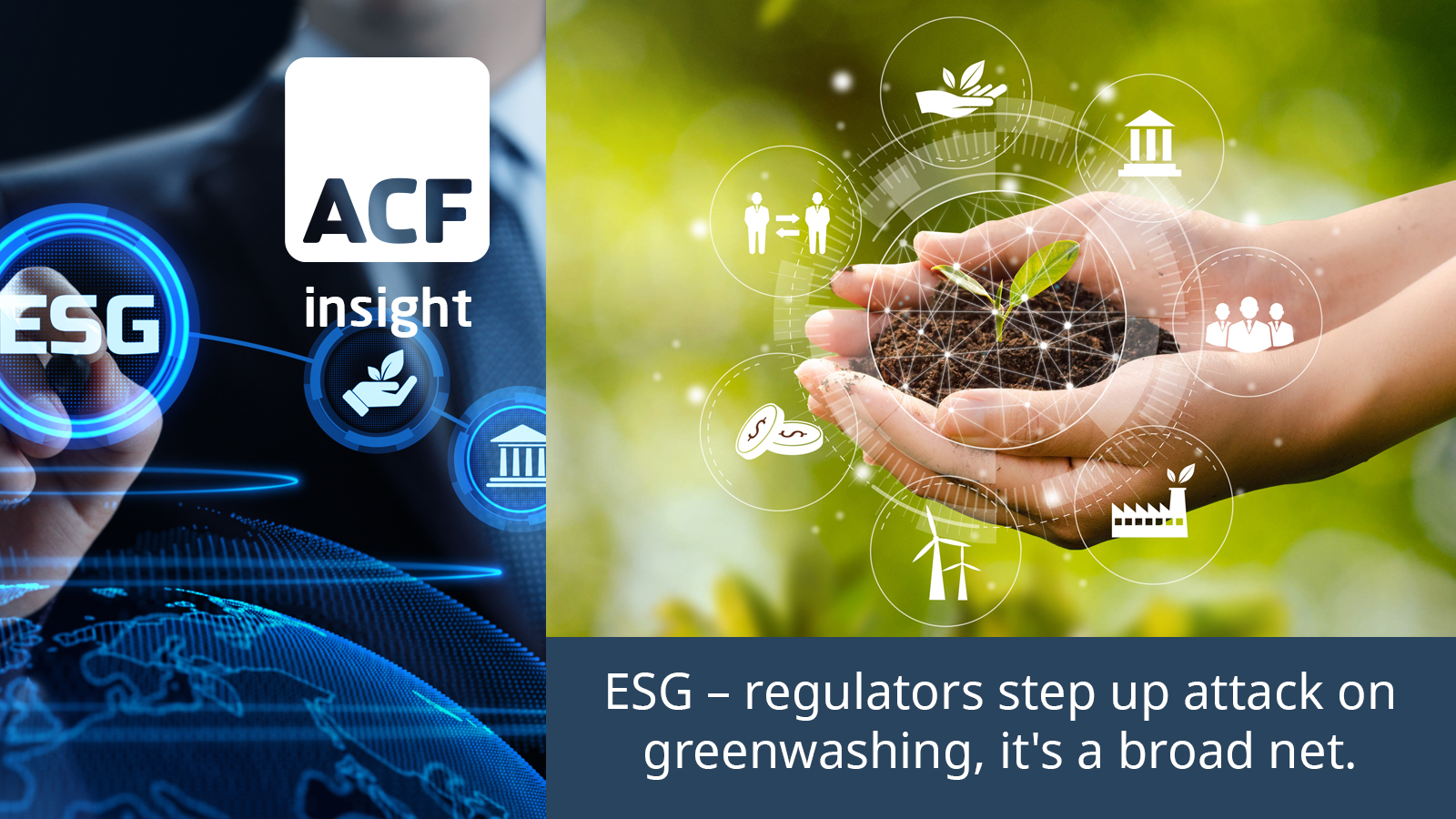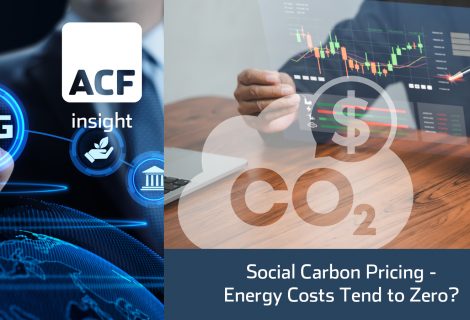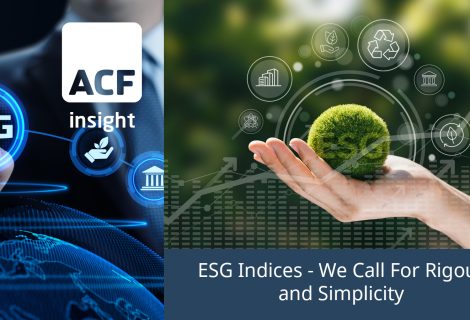The ESG FinTech summit hosted by London in the UK, on Tuesday the 14th of June, was an event that brought together senior financial professionals all working towards implementing sustainable best practices.
Everyone agrees that ESG is important for business operations and for access to capital (this is particularly relevant for small and mid-caps). However, everyone is also of the view that the lack of standardisation of ESG guidelines and metrics are a source of confusion.
Because of this lack of standardisation, regulatory authorities, e.g. the US Securities and Exchange Commission (SEC), are cracking down on corporates. The regulators are doing this on the basis of suspicion of greenwashing – when an organisation markets itself as sustainable, but the underlying data is missing, misleading and or inaccurate.
ESG regulatory intervention amps up
- Regulatory intervention on ESG is happening – the SEC has begun its crackdown on greenwashing.
- BNY Mellon was fined $1.5m in May for using ‘material misstatements and omissions’ in its investment decisions (DWS Group & Goldman also under the radar).
- Private fund manager adviser Marc Elovitz of Schulte Roth & Zabel says the issues with greenwashing are a result of the industry’s novelty.
- As a result, retail investors are starting to look under the hood of the US$ 40trn industry – wondering why certain companies are considered investible under ESG/sustainability criteria.
- To avoid litigation risk and unhappy/bitter retail investors, firms that advise investors on ESG need to do structured conversations with investors to mitigate the effects of a lack of standardisation.
- Improved communication will help reduce potential outflows from ESG funds and underperformance of ESG equity funds/ETFs (by 2nd week of June – on average EU funds lost 14% vs. an 11% fall in the STOXX 600. US funds lost 16%). This is a reversal of previous long run ESG fund outperformance.
Greenwashing scandals will lead to underperformance – the amount of capital at stake ($2.7trn in 2021A – Bloomberg) will simply be redirected to more disciplined ESG funds.
Our counsel to clients and other corporates – “Show your trajectory”
- ESG intensity is increasing – no one wants to be suspected or accused of greenwashing, counteract this reputation risk with transparency.
- Climate change isn’t going to stop overnight – it is a global issue in need of an holistic approach from all players in the markets: corporates, investors, PMs, governments and regulatory authorities.
- The key issue is to have a conversation and focus on what metrics to apply within your sector – you don’t need to compare apples to oranges and you should not try.
- In general the E (Environment) is rated above the S (Social) and then the G (Governance). However, there is an important exception…
- In the US (i.e. the Republican opinion), the G is rated highest amongst both the E & S (which tend to have a significant lesser weight).
- Because there are issues with standardisation, regulators are now on high alert for any and all forms of greenwashing.
- Corporates should start thinking about doing their own internal due diligence to make sure that their message is clear, concise and transparent.
- Whether or not you have clear ESG goals that are set or you are unable to temporarily reach a certain goal, show investors that you are, at the very least, on the trajectory. Set some milestones that will trigger further commitments to transparency and publishing metrics.
Author: Renas Sidahmed – Renas is a Staff Analyst and part of the Sales & Strategy team at ACF Equity Research. See Renas’s profile here






![Climate change and the [re]emergence of millet Climate change and the [re]emergence of millet](https://acfequityresearch.com/wp-content/webpc-passthru.php?src=https://acfequityresearch.com/wp-content/uploads/2023/08/ACF_Millet-a-new-sustainable-market-_Twitter-470x320.jpg&nocache=1)













